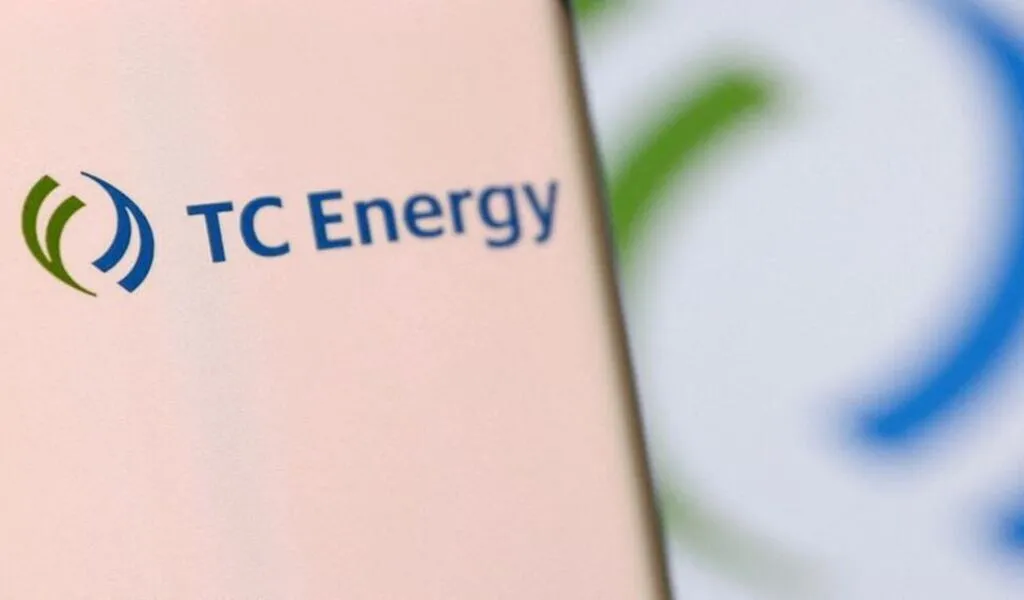(CTN News) – TC Energy’s proposed oil pipeline spin-off represents a strategic foray into the company’s capacity to augment Canadian crude supplies to American refiners in the Gulf of Mexico.
However, upon its commencement, the undertaking will be saddled with substantial debt and encounter intense competition.
On June 4, TC Energy shareholders will vote on the South Bow spin-off.
The objective is to allow TC, headquartered in Calgary, Alberta, to alleviate its substantial debt burden and focus on natural gas transportation.
Canada, the fourth-largest oil producer globally, will have an increased array of alternatives for crude transportation upon the introduction of South Bow.
Competitor Trans Mountain commenced operations last week to attract further cargoes to Asia and the West Coast of the Union.
Larger Canadian competitor Enbridge possesses the largest oil storage and export terminal in the United States, located in Texas, and is pursuing a similar strategy in the U.S. Gulf. South Bow is also confronted with these obstacles.
However, considering South Bow’s access to external marine facilities, Hillary Stevenson, senior director of TC Energy market intelligence at research firm IIR TC Energy, argues that Gulf exports are not a viable option.
The Keystone pipeline, which transports 622,000 barrels per day (bpd) from Canada to Nebraska before branching off to Cushing, Oklahoma, and the Midwest, is the principal asset of South Bend.
Daily, 750,000 barrels of crude are transported from Cushing to refineries in Texas via the Marketlink pipeline.
Shippers have reserved 94% of Keystone under long-term contracts, leaving the remaining capacity on the spot market.
Debt repayment, organic growth, and shareholder returns will be South Bow’s capital priorities, according to a quarterly conference call on Friday hosted by the company’s prospective president, Bevin Wirzba.
Wirzba, who declined an interview, has previously stated that the Gulf presents a “huge opportunity,” citing potential collaborative infrastructure projects and increased demand for Marketlink from the previous year.
Stevenson estimates that incremental expansions at other facilities will not increase output by as much as the 263,776 bpd Houston refinery closure by Lyondell-Basell the following year. As a result, operational refining capacity in the U.S. Gulf is projected to decrease by a net 2% by 2025.
Consequently, South Bow is now reliant on displacement to achieve its objective of increasing its share of the medium and heavy sour crude refined in the Gulf by substituting other foreign suppliers.
This year’s operational commencement of Pemex’s 340,000-bpd Olmeca facility, which will process a greater quantity of Maya crude domestically than on the U.S. Gulf Coast, provides an ideal circumstance to begin construction of Mexico’s newest refinery.
Stevenson stated, “South Bow is positioning itself to provide the missing Maya barrels.”
MAJOR DEBT
Additionally, high levels of debt will be an initial constraint for South Bow. The spin-off will issue debt aggregating C$7.9 billion ($5.75 billion) in order to redeem debt that is currently in TC Energy. Its objective is to have debt at spin-off that is not greater than five times its EBITDA.
U.S. midstream competitors have an average debt to EBITDA ratio of less than four times, according to senior portfolio manager Rob Thummel of TC’s parent company Tortoise Capital.
“They’re going to be more of a slower-growth entity, not necessarily an aggressive acquirer,” according to him. “High debt limits your ability to grow.”
As per TC Energy report, South Bow aims to attain a compound annual growth rate of 2% to 3% by 2026.
This objective is bolstered by the establishment of a 26-kilometer-long (16-mile) petroleum pipeline that will link the Blackrod oil sands project of International Petroleum Corp.
Senior wealth manager at Velocity Investment Partners, Brianne Gardner, declares South Bow to be a robust organization with sound assets, cash flow, and prudent capital expenditure requirements.
According to her, pipelines are valuable because environmental opposition can make their development more difficult.
One Canadian dollar is equivalent to 1.3731 Canadian dollars.
SEE ALSO:
Michigan City Officials Report At Least 1 Tornado Causing Considerable Damage.






